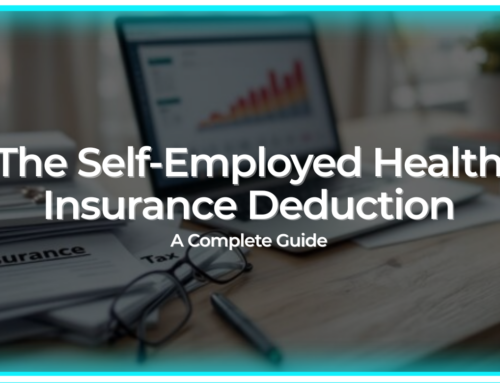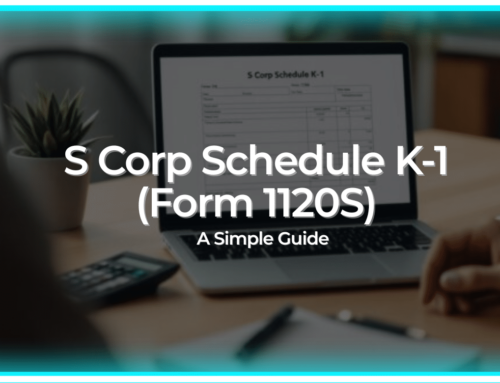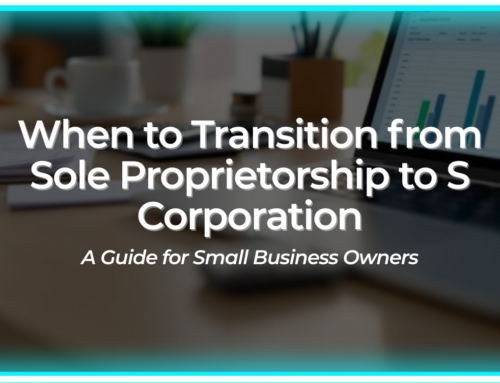Hi, I’m Bette Hochberger, CPA, CGMA. As a small business owner, maximizing deductions is essential for optimizing your tax situation and preserving your hard-earned profits. While you may be familiar with common deductions, there are several lesser-known expenses that could significantly impact your bottom line.
In this blog, I’ll go over some tips on maximizing business deductions, focusing on commonly overlooked expenses that can help reduce your tax liability.
Tips for Maximizing Business Deductions
Home Office Expenses
If you operate your business from home, you may be eligible to deduct expenses related to your home office. This includes a portion of your rent or mortgage interest, utilities, internet, and home maintenance costs. Be sure to calculate and claim this deduction accurately based on the square footage of your home office relative to your total living space.
Vehicle Expenses
Many small business owners use personal vehicles for business purposes but overlook deducting related expenses. Keep detailed records of mileage for business trips, as well as expenses such as gas, maintenance, insurance, and vehicle depreciation. You can deduct these costs using either the standard mileage rate or actual expenses method.
Professional Services and Subscriptions
Don’t forget to deduct expenses related to professional services and subscriptions necessary for running your business. This includes fees paid to accountants, lawyers, consultants, and industry-specific publications or software subscriptions. These expenses are fully deductible and can help streamline your operations and improve efficiency.
Education and Training
Investing in education and training for yourself or your employees is a valuable deduction that’s often overlooked. This includes expenses for workshops, seminars, online courses, and professional development programs relevant to your business. These costs can enhance skills, stay updated with industry trends, and ultimately contribute to your business’s success.
Start-Up Costs
If you recently started your business, you can deduct certain start-up expenses incurred before your business became operational. This includes costs such as market research, advertising, legal fees, and organizational expenses. Keep track of these expenses and pay them off over time or deduct up to $5,000 in the first year of business, with the remaining costs amortized over 15 years.
Health Insurance Premiums
Small business owners who are self-employed may be eligible to deduct health insurance premiums paid for themselves, their spouses, and dependents. This deduction is taken on the front page of Form 1040, reducing your adjusted gross income and ultimately lowering your taxable income.
Retirement Contributions
Contributions to retirement plans such as a Simplified Employee Pension (SEP) IRA, Solo 401(k), or SIMPLE IRA are deductible for small business owners. These contributions not only reduce your taxable income but also help you save for retirement and secure your financial future.
By utilizing these commonly overlooked deductions, small business owners can minimize their tax burden and keep more money in their pockets. Remember to keep accurate records and consult with a tax professional to ensure you’re maximizing your deductions while staying compliant with tax laws and regulations.
I hope you learned something new today. As always, stay safe, and I’ll see you all next time.







